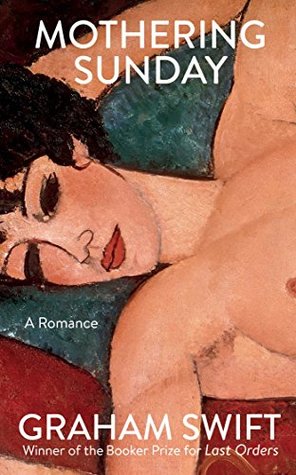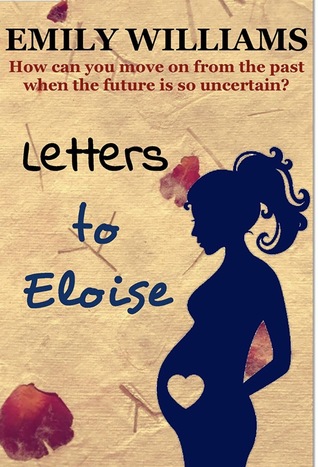Earlier this year I started critiquing novels with
The Writers' Workshop. I was looking for work to help fund my publishing venture; I have a bit of experience, having written three novels of my own, and I enjoy volunteering with The Womentoring Project, where I have so far mentored four female writers. Two of them have gone on to find agents and book deals and I'm proud of them and proud I was able to help, even in a small way.
I love editing, critiquing and mentoring. I believe it has all helped me to become a better writer. When you see the same issues cropping up novel after novel - often (but not limited to) structure, plot, pacing and characterisation - I know to look out for these same issues in my own stories and make sure I work doubly hard on these aspects. It is, unfortunately, easy to write badly; and incredibly hard to write well.
Editorial reports are tough and constructive. The Writers' Workshop makes that clear on their website. There is no point in having our work critiqued if honesty isn't applied. If we want to be told how wonderful our work is, we can show it to our mum, our other half, our best friend, our kids. No. Maybe not our kids. They really do tell it like it is don't they?!
I've had great responses so far from the dozen or so writers whose work I've critiqued. Yes, there has been disappointment, and that's understandable. I've had all three of my own novels critiqued and it does take a dash of courage to go through that process. It isn't the best feeling in the world to be told that the story you spent weeks, months or even years working on isn't yet up to scratch. This is where the whole process can go horribly wrong, as I recently found out. So here are my top tips for seeking and receiving a critique. Hope they help...
1. First of all, a critique is not an ego massage. It may sound harsh, but when I'm working on your novel, I don't give a damn about your ego. I don't know you. All I am doing is assessing the project before me. It's an entirely objective process. Very few writers receive a glowing editorial report. There WILL be issues in your work; and those issues WILL be pointed out. Expect this. It's what you are paying for. If I'm mindful of your ego, the risk is I won't be as frank and honest as I need to be when assessing your manuscript. Which, in the end, is detrimental, and will not help you as a writer.
2. Don't respond to your critique immediately. Even if you feel stung, angry, hurt. Especially if you feel stung, angry, hurt. Put the report away. Simmer down. Look at it again in a few days, or weeks. Look at what has
actually been advised: which often isn't what you initially think has been advised. It can take time for the report to sink in, to percolate and eventually make sense.
3. Be objective about your own work. Impossible, I hear you cry. No, it's not. It's difficult, but we must apply objectivity to our own work if we are to improve it. Fall out of love with your story. Stop being so damned proud of yourself (temporarily). Plenty of people write, plenty of people write badly. The first draft or even second draft head-rush MUST give way to cool, calm, calculated objectivity. It's one of the few things that separates a professional from an amateur.
4. Not every editor will "get" exactly what you are trying to do with your story. Sometimes it's not easy to see what the writer is trying to achieve, I'm afraid. Often I think the writer herself doesn't know. But if an editor tells you your novel suffers from lack of pace, it suffers from lack of pace. That's an objective assessment and you would be wise to heed it. Lack of pace is an issue I have seen in almost all the novels I have critiqued. Let that sink in. Pace is
hard. It has nothing whatsoever to do with genre. The editor isn't suggesting you should be writing a thriller (but if you are writing a thriller, lack of pace is definitely a problem). The editor is merely suggesting you need to create readability, that great gift a talented author gives to readers: the urge to keep turning pages. That's all. That is pace. It's one of the most helpful pieces of advice you will receive.
3. Develop a thick skin. It's the best thing you can do for your work once that first draft is down. My ability to be objective about my own work, to "let it go", has stood me, I believe, in good stead. One star reviews no longer upset me. I can't afford to let them, so I've learned to shrug them off. Sometimes I even manage to laugh them off. (One or two of them are particularly memorable.) And let me tell you, a one star review is worse than a tough critique. A one star review is almost never constructive, thoughtful or sincere.
5. Finally, don't immediately send a rude email back to the person who spent hours working on your novel. That's definitely not professional. And whatever you do, don't email a second time with a string of insults and accusations. It's unlikely to make you feel better; it certainly won't make your story any better. But the report
might. As writers we must develop the ability to take lots of things on the chin: rejection, bad reviews, poor sales. Most writers deal with this stuff throughout their careers. Receiving a thoughtful, detailed editorial report is actually one of the more positive writing experiences around. I promise!
I love helping people improve their writing, and I can't wait for the day when one of my critiquees becomes a published author. In the meantime, I will continue to provide honest, tough, constructive and (of course) objective criticism and feedback. It's what I'm paid to give, and it's what the writer pays to receive. Writing and publishing is tough, and we need all the help we can get.
Onwards!








